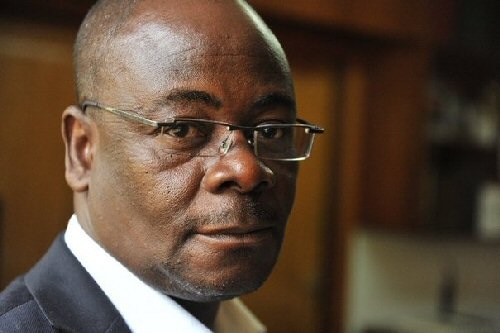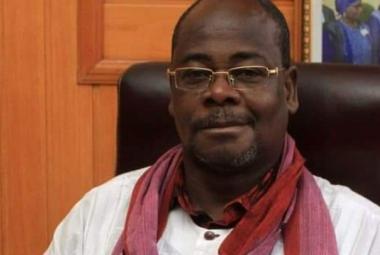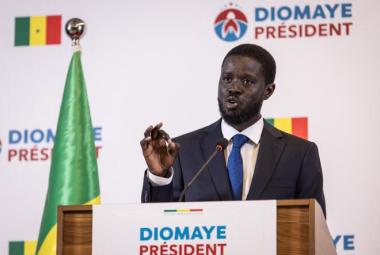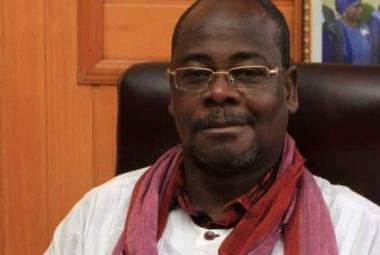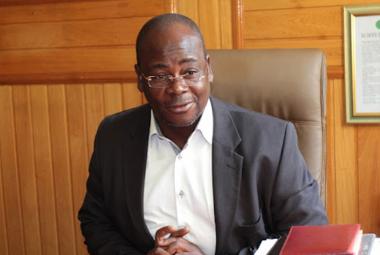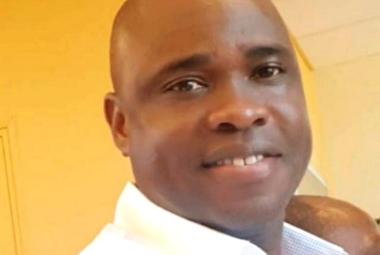French President Emmanuel Macron commemorated the 80th anniversary of the "Rafle du Vel d'Hiv" on Sunday July 17, by inaugurating a new place of memory in the former station of Pithiviers, from where eight convoys left for Auschwitz. -Birkenau. A little reminder for those who are not familiar with the history of France. On July 16 and 17, 1942, some 13,152 people, made up of 4,115 children, 5,919 women and 3,118 men, were arrested and parked by French police officers at the Vélodrome d'hiver called Vel d'Hiv, in deplorable hygienic conditions and almost without water or food for five days, before being sent by train to the extermination camps where they will almost all be killed. Less than a hundred adults will come out of these death camps alive. The only crime of all these people was to be Jews. And the French police had acted at the request of the German authorities who occupied France at that time with the agreement of the French government. In 1995, French President Jacques Chirac acknowledged France's responsibility for the roundup and generally for the persecution of Jews during the Occupation.
80 years later, France does not want to forget this dark past. Just as she does not want to forget anything of her entire history, from her most brilliant hours to the less glorious. By commemorating this anniversary, the President of France in no way seeks to awaken old resentments or hatreds against Germany or his own police. No. He simply wants this fact in the history of his country not to be forgotten, however inglorious it may be. He wants current and future generations to know this part of their history and not forget it. Because he knows that the present and the future are built on the basis of the past. Don't we say that those who do not know their history condemn themselves to relive it?
I find it hard to understand that we Africans, who are at the bottom of the class for the moment, but who believe that the history of humanity begins with us, and that it is we who are going to shape the future of this humanity, we persisted in wanting to erase our history from our memories. We function like someone who works on his computer and erases its memory as soon as it is full, instead of storing the data it contains on another medium. Archives rarely exist in our countries, and when they do, they are so poorly maintained that it is difficult to use them efficiently. I remember the days following the death of Houphouët-Boigny, our first president who had reigned over our country for at least 33 years and who had been filmed from every angle, practically day after day. The only archival document that was broadcast on a loop by our television after his death was an interview he had given to a French television channel. The explanation given to me when I asked the question to friends of our television was that there were no more archives. I have repeatedly recalled here that we are beginning to forget President Houphouët-Boigny and his companions who fought with him for our independence and for the construction of our young nation. Let his successors have no illusions. They will also be forgotten one day if nothing is done today. Regarding the colonization and slavery experienced by our parents and many of us, they are completely erased from our history and our memories. Our French friends, who are nevertheless so concerned about the preservation of their memories, are the first to advise us not to "stir the knife in the wound", and to forget this painful past to look instead to the future. Preserving one's history, not forgetting it, does not prevent us from looking to the future. Isn't Paris the city-museum par excellence given the number of museums found there? I fully understand that our French friends do not want us to recall certain aspects of our history because their country played an execrable role in it, but I believe that our friendship will be strengthened even more when we have told each other the truth , and that we will have established our respective shares of responsibility in this story. During World War II the German state attempted to exterminate all Jews living in Europe. Today the Jewish state of Israel does not consider Germany as an enemy state. When we refuse to serenely open the pages of history, sometimes violence forces us to do so.
By Venance Konan
*This article has been translated from French into English by Marcus Boni Teiga



